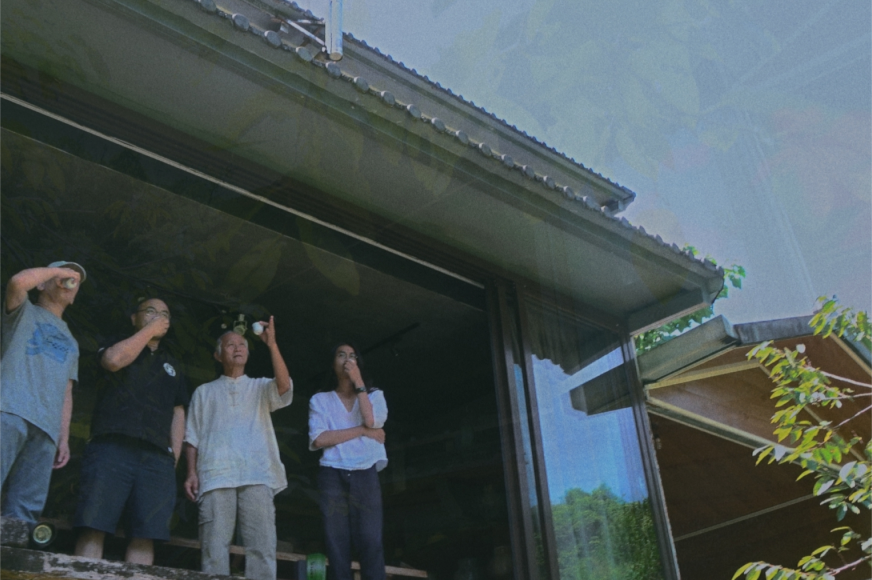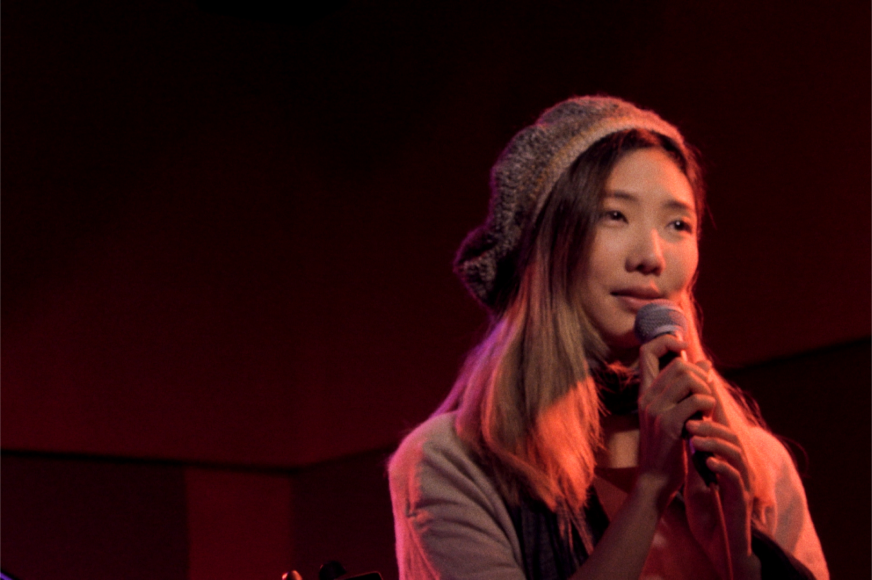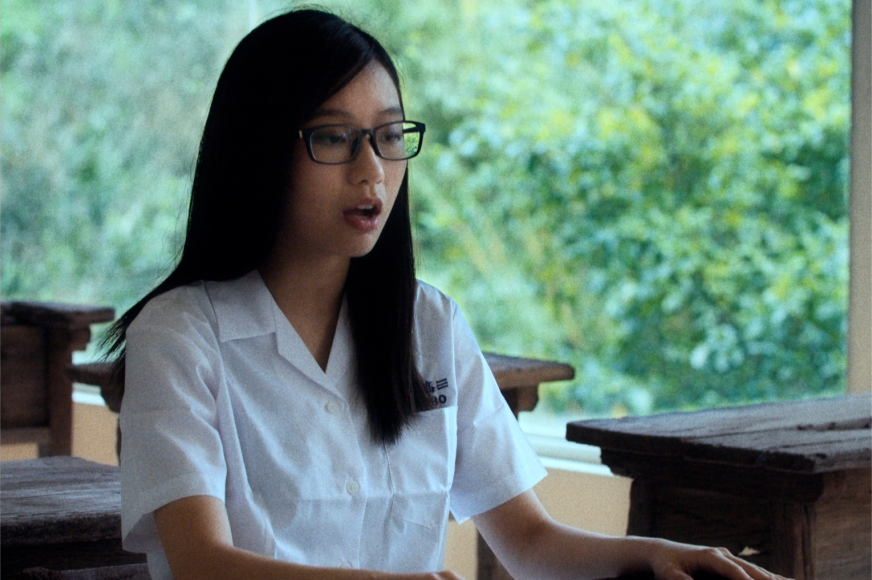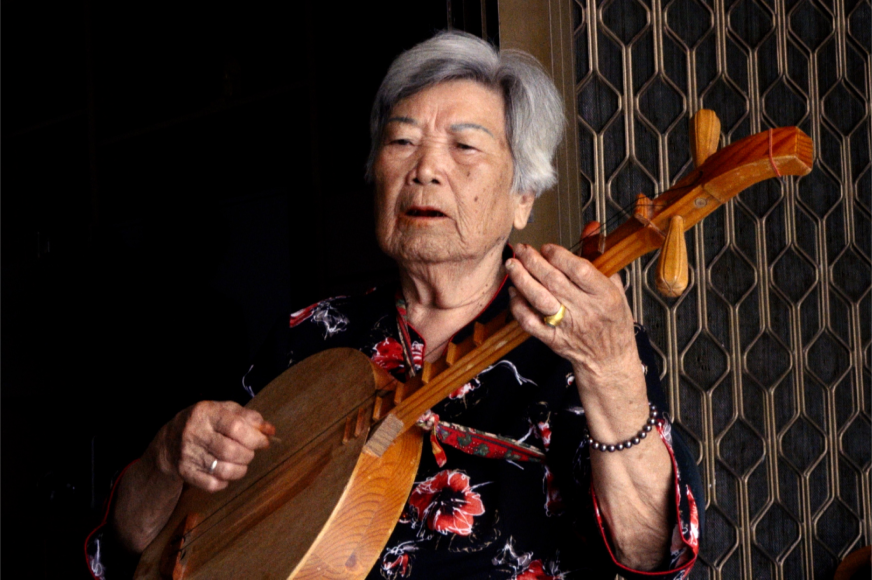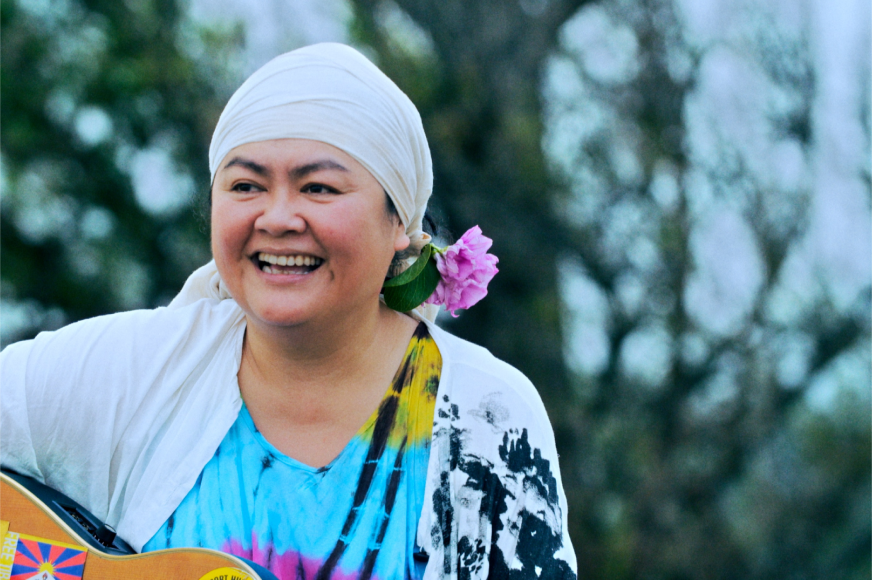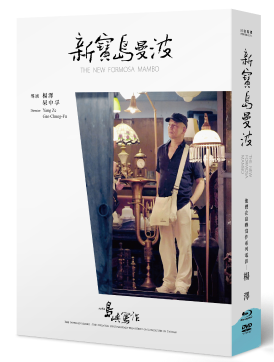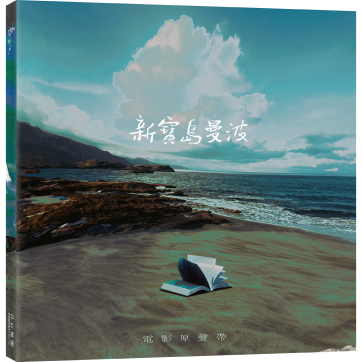The New Formosa Mambo - Documentary on Poet Yang Ze
Ocean of songs, river of poetry
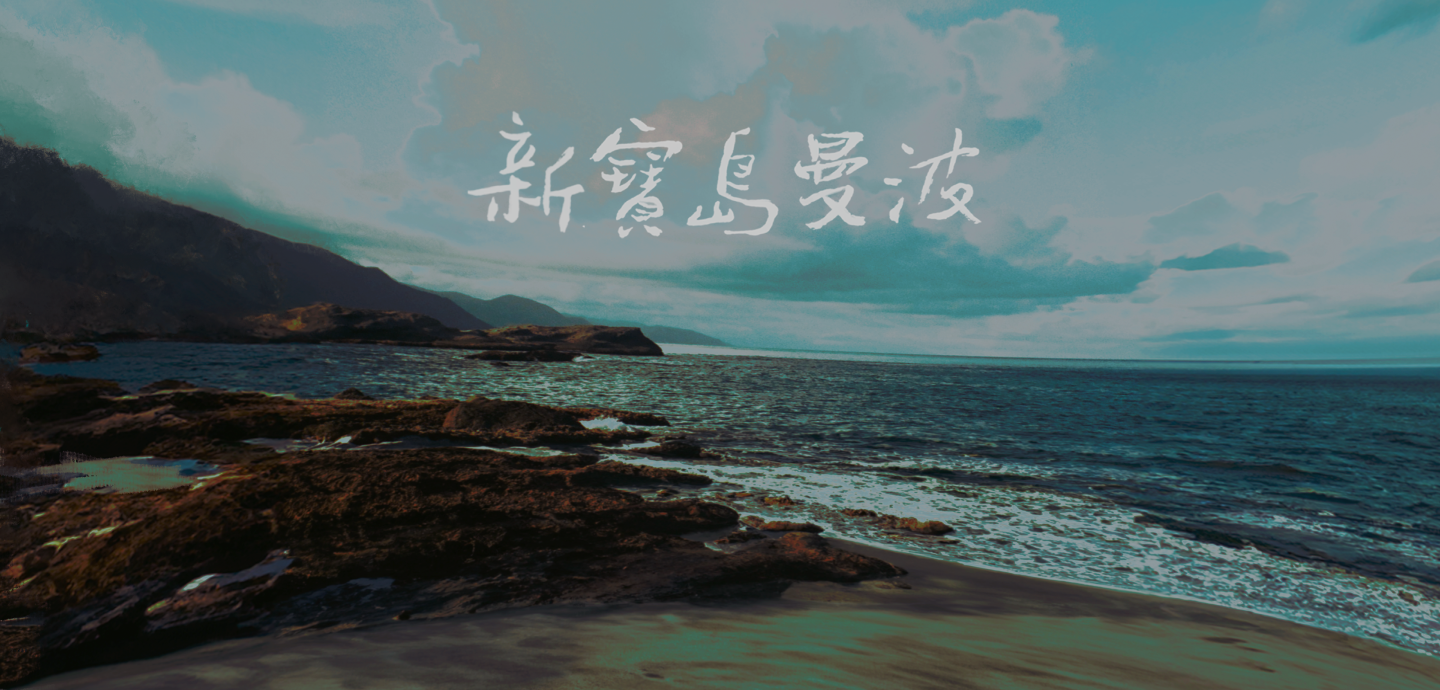


A city-wandering poet
Yang Ze, a well-known Taiwanese poet, was born in the 1950s in Chiayi, Taiwan. After obtaining his bachelor’s degree from National Taiwan University, he studied and worked in the U.S. for 10 years, at the end of which he returned home. He was the long-time editor (from 1990 to 2012) of the China Daily Literary Supplement. Now retired, he enjoys wandering through the streets and alleys of Taipei City.
So says the poet Yang Ze, in this film that is ostensibly a documentary about him, but which is in fact a highly unusual literary production fusing elements of a musical, pseudo-documentary, and comedy into one.
Narrated by Yang Ze himself, the film blends poetry and song, literature and life, urban civilization and nature. It takes us through the beautiful mountains and waters of Taiwan. Everywhere it goes, it breathes poetry; every step of the way, there is song.
“Rather than apologizing to life, we should apologize to literature; and rather than apologizing to literature, we should apologize to music; and rather than apologizing to music, we should apologize to Nature, apologize to the Good Earth.” — Yang Ze

a great love song dedicated to the island, mountains, and waters of the poet’s youth.
New Formosa Mambo has been called music film of the year. The band Lady MÜ performs five songs based on new and old poems of Yang Ze, with some written especially for the film’s characters and settings. Three generations of musicians give outstanding performances. Representing the younger generation are Chen Chen, in a leading role, and Lin Ying (“Strange girl”), in a supporting role. Indigenous singers Panai and Danubak represent the middle generation. Grandma Chang Ri-Gui, a master of the traditional moon lute, is from the older generation. From poetry recitals to new poems and songs, from traditional ballads to oldies sung in a new key, this film is a series of confessions and testimonies, originating from deep within the soul of Taiwan. Directed, written, and performed by Yang Ze, New Formosa Mambo is a chorus of joy, a great love song dedicated to the island, mountains, and waters of the poet’s youth.

Yang Ze, director
Yang Ze, a well-known Taiwanese poet, was born in the 1950s in Chiayi, Taiwan. After obtaining his bachelor’s degree from National Taiwan University, he studied and worked in the U.S. for 10 years, at the end of which he returned home. He was the long-time editor (from 1990 to 2012) of the China Daily Literary Supplement. Now retired, he enjoys wandering through the streets and alleys of Taipei City. He is the author of several volumes of poetry, including Birth of the School of Roses, As if in a Nation of Kings, Life is Not Worth Living, and Nineteen New Poems. He is also the editor of Buddha Revisited: Mountain-Water Poems of Taipei.
Gao Zhongfu, director
Born in 1961, Gao Zhongfu has worked in the advertising, music, animation, and contemporary art sectors. While still a student at Chinese Culture University, he began producing 8mm animations and experimental films. The recipient of multiple Golden Harvest Awards for animated shorts, Gao was one of the few creators of independent animations in Taiwan in the 1980s.
Between 1988 and 1995, Gao studied in the United States, where he obtained a master’s degree in computer graphics from the New York Institute of Technology. He subsequently entered the NYU’s Institute of Fine Arts for further study; there he pursued his interest in artistic creation, and held a solo exhibit called “The Redemption of Charcoal Water” at Gallery 456 in New York City. He also participated in various group exhibitions, including one held at the Lincoln Center National Gallery.

